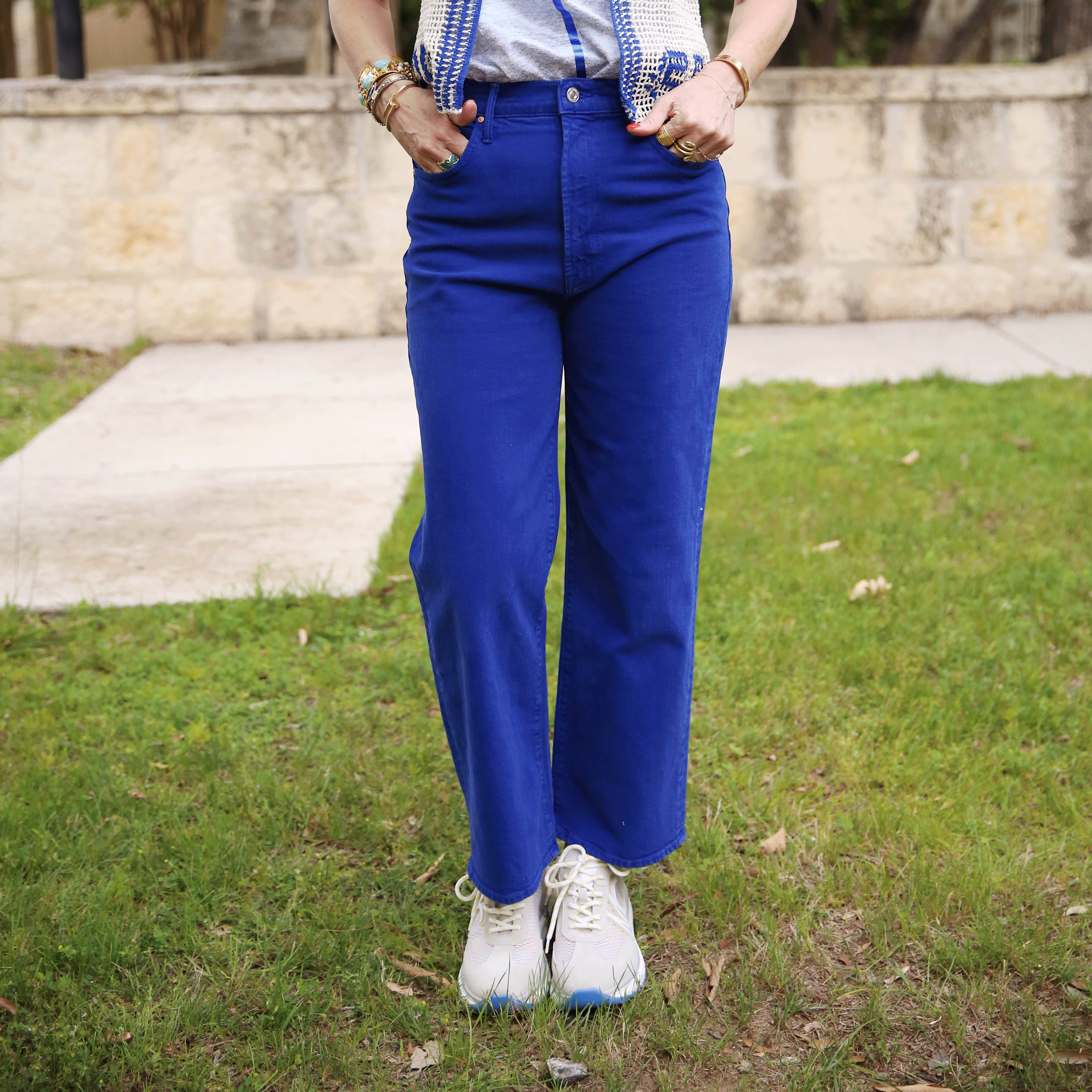Which Luxury Fashion Brands Are Sustainable?
What does it mean for a luxury fashion brand to be sustainable?
In recent years, sustainability has become a hot topic in the fashion industry. Consumers are increasingly concerned about the environmental and social impact of the clothes they wear. When it comes to luxury fashion brands, the expectations are even higher. But what does it really mean for a luxury fashion brand to be sustainable?
Transparency and ethical sourcing
One of the key aspects of sustainability in the fashion industry is transparency. Sustainable luxury fashion brands are transparent about their supply chain and production processes. They ensure that their products are made in ethical working conditions, without exploiting workers or causing harm to the environment.
Materials and production
Sustainable luxury fashion brands also pay close attention to the materials they use and the way their products are made. They prioritize natural and organic materials, such as organic cotton, hemp, and recycled fabrics. They also strive to minimize waste and reduce their carbon footprint throughout the production process.
Longevity and durability
Another important aspect of sustainability in luxury fashion is the longevity and durability of the products. Sustainable luxury brands create high-quality pieces that are meant to last. They focus on timeless designs and craftsmanship, encouraging consumers to invest in pieces that will stand the test of time, rather than following fast fashion trends.
Leading sustainable luxury fashion brands
Several luxury fashion brands have made significant efforts to become more sustainable. Here are a few examples of some that we offer at Schreiner Goods:
1. Armenta
Armenta uses recycled metals and the packaging is sustainable & responsible - they incorporate a variety of unique materials, including seed paper, cactus leather, organic loose leaf tea, eco-friendly adhesives, & biodegradable materials.
"One of my goals as a jewelry designer is to help consumers think about and act on the social, environmental, and economic impact of their jewelry choices - it takes quite an effort to ensure these materials are ethically & sustainably sourced. I not only choose the materials for our pieces based on my inspiration, but I choose based on our commitment to empower, educate, and be socially responsible. When you wear Armenta, you are not just wearing a beautiful piece of jewelry, but making a positive local and global impact." - Emily Armenta
2. Eileen Fisher
Eileen Fisher is a brand that places a strong emphasis on sustainability and social responsibility. They use organic and recycled materials and have implemented a take-back program to recycle old garments. They also support fair trade practices and work towards creating a circular economy.
3. Closed
Closed treats our resources with respect. They care about the environment and animals. It is important to Closed to produce collections with less of an environmental impact. All Closed’s partners are subject to strict requirements on the use of chemical substances, which they agree to abide by through their Code of Conduct.

4. Marc Cain
In Marc Cain's annually published Sustainability Report, they disclose what goals they have set for themselves and what they have already achieved. From the Sustainability Report one can learn what sustainable materials they use. Explore the "Rethink Together" collection from Marc Cain which features sustainably made pieces.
Conclusion
When it comes to luxury fashion brands, sustainability is becoming increasingly important. Consumers are demanding more transparency and ethical practices from the brands they support. While there are still challenges to overcome, several luxury fashion brands have taken significant steps towards sustainability. By choosing to support these brands, consumers can make a positive impact on the fashion industry and the planet. When shopping at Schreiner Goods online look for the "Sustainable" badge on products. Or shop our sustainable collection to find brands that are incorporating sustainable practices.




